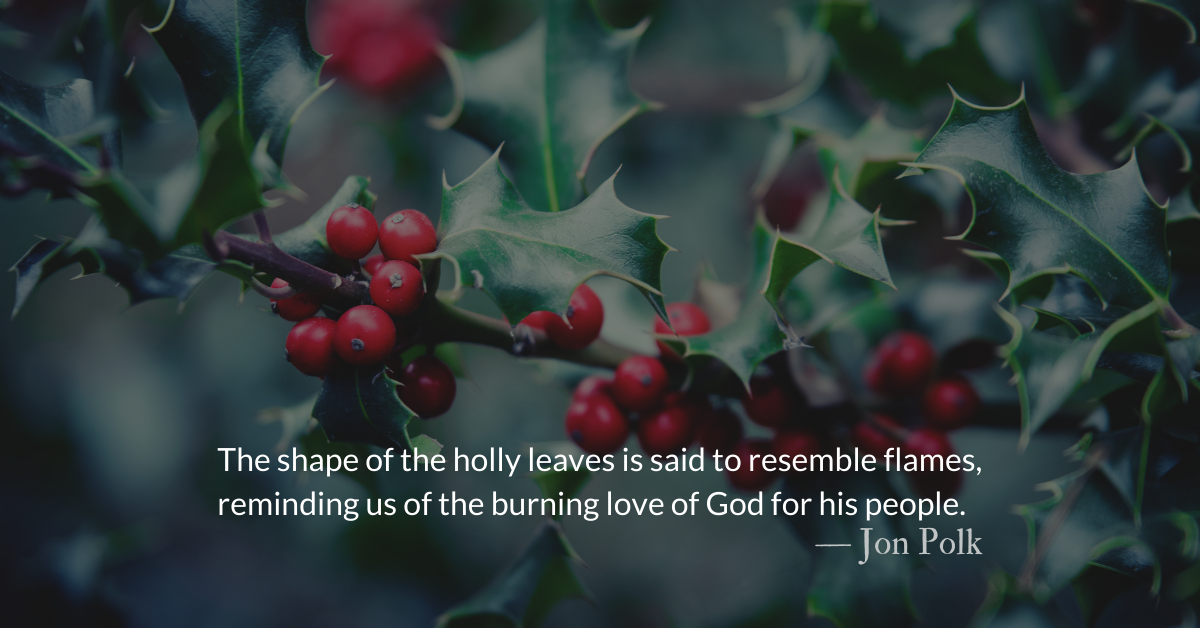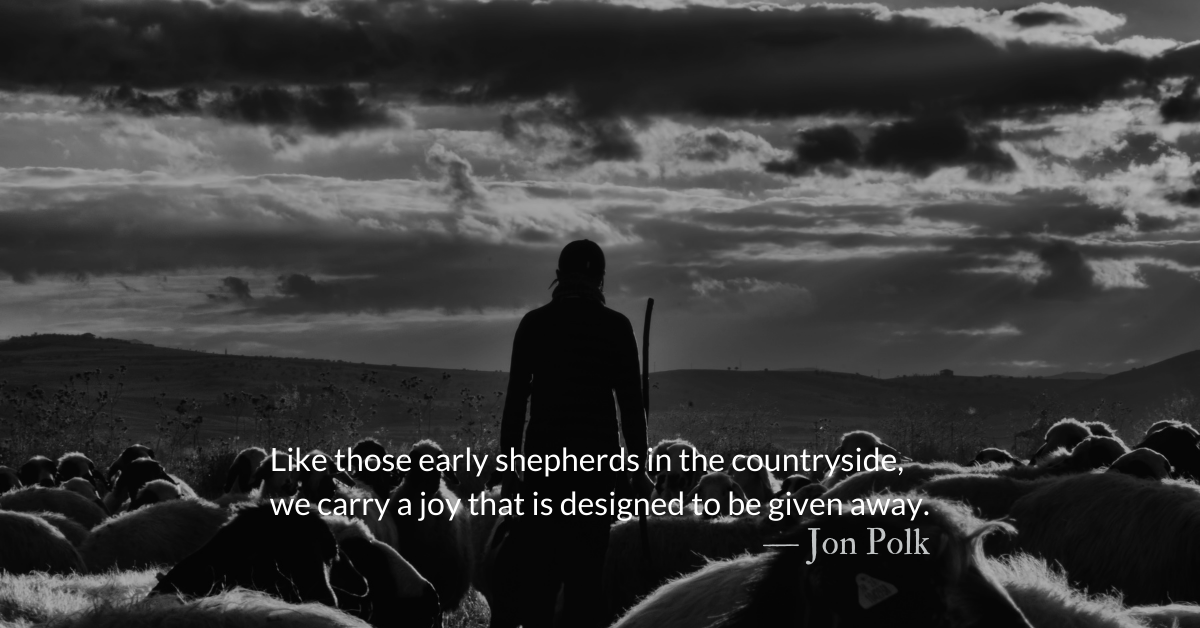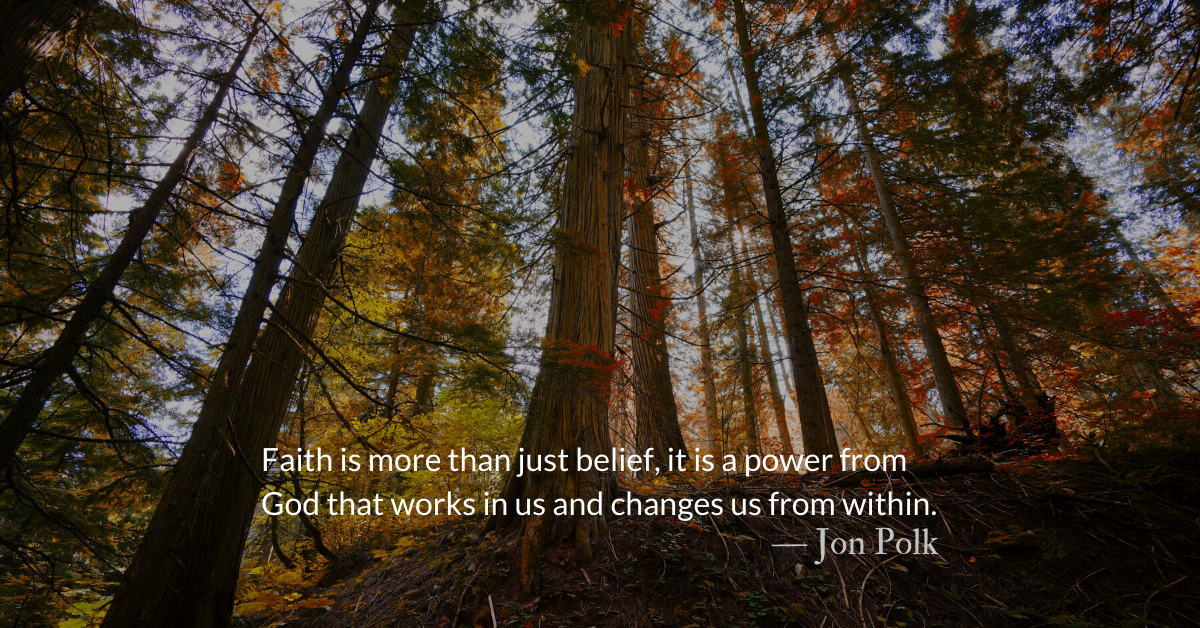Scripture Focus: John 6.38-40
38 For I have come down from heaven not to do my will but to do the will of him who sent me. 39 And this is the will of him who sent me, that I shall lose none of all those he has given me, but raise them up at the last day. 40 For my Father’s will is that everyone who looks to the Son and believes in him shall have eternal life, and I will raise them up at the last day.
Hebrews 2.9, 14-15
9 But we do see Jesus, who was made lower than the angels for a little while, now crowned with glory and honor because he suffered death, so that by the grace of God he might taste death for everyone.
14 Since the children have flesh and blood, he too shared in their humanity so that by his death he might break the power of him who holds the power of death—that is, the devil— 15 and free those who all their lives were held in slavery by their fear of death.
Reflection: The Holly and the Ivy — Carols of Advent Joy
By Jon Polk
In Hong Kong, where I live, the celebration of Christmas, while almost completely secular in nature, is not lacking in spectacle. Shopping malls and housing estates construct elaborate, over-the top, displays of Santas and Christmas scenes. Fantastical lighting displays on high-rise buildings in the city center dazzle and amaze. And of course, there is no shortage of chocolates and various Christmas confections!
While I am certainly a fan of doing Christmas up right, it is quite easy to forget that for centuries, Christians celebrated the birth of Christ without utilizing electricity, massive prefabricated scenes, or die-cut signs and images.
There is a beauty in nature’s simplicity that can easily be lost in the holiday extravaganza. Nature’s Christmas decorations abound: evergreen trees, beautiful red poinsettia flowers, mischievous mistletoe, natural flames of candlelight, and garland and wreaths of holly.
The use of holly as a decoration for the winter solstice has its roots in the practices of the ancient Druids, who used it as a symbol of hope, rebirth and even eternal life. As Christians began to formalize the celebration of Christ’s birth, pagan symbols were co-opted and transformed. The Church in medieval times began to endow the plant with decidedly Christian symbolism.
The sharp, pointy leaves representing the crown of thorns worn by Jesus and the bright red berries recalling the drops of blood shed for the salvation of humanity are depicted with honor in the British folk carol from the 18th century, “The Holly and the Ivy.”
The holly and the ivy,
When they are both full grown,
Of all the trees that are in the wood,
The holly bears the crown.
The holly bears a berry,
As red as any blood,
And Mary bore sweet Jesus Christ
For to do us sinners good.
While I generally prefer not to conflate the seasons of Advent and Lent, for they do serve uniquely different purposes on the Church calendar, we can nonetheless take great joy in recognizing the end game of the holy infant who was born to be a King. The shape of the holly leaves is said to resemble flames, reminding us of the burning love of God for his people, a love that would send God’s own Son to die on our behalf.
Let us take great joy in the grace that came down at Christmas. Along with all creation, we can celebrate God’s goodness and love!
The rising of the sun
And the running of the deer,
The playing of the merry organ,
Sweet singing in the choir.
Listen: The Holly and the Ivy by Jon Anderson
Read: Lyrics from Hymnary.org
Divine Hours Prayer: The Request for Presence
O Lamb of God, that takes away the sins of the world, have mercy on me. — Agnus Dei
– Divine Hours prayers from The Divine Hours: Prayers for Autumn and Wintertime by Phyllis Tickle
Today’s Readings
Zechariah 3 (Listen – 1:48)
John 6 (Listen – 8:27)
Read more about End of Year Giving and Supporting our work
Why should you give?
Support gospel-centered biblical interpretation
Support readers in faith-hostile urban environments
Read more about He Invites Us — Love of Advent
The Advent we celebrate in these weeks is the gentle, loving call to be ready.













